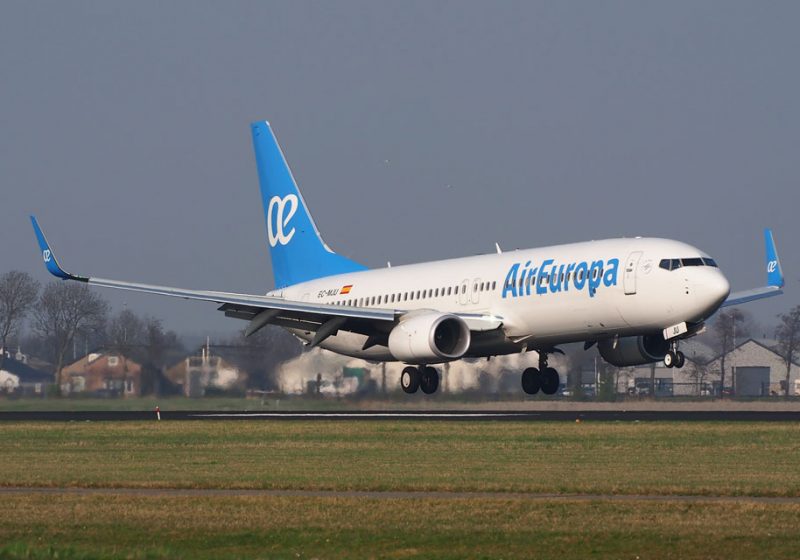According to a recent study by the Global Business Travel Association, spending on business travel totaled $1.33 trillion in 2017, and is expected to reach $1.7 trillion by 2022. Several trends are shaping this dynamic industry, including technology, generational preferences, and a focus on influence and impact. Below are some of the leading shifts influencing business travel, as well as trends we anticipate seeing more of in the future.
- Technology: As technology continues to grow and evolve, so does its impact on business travel. Business travelers are coming to expect technology that not only makes it easier for them to get their work done on the road, but also that stands out from the crowd. Hospitality companies have the opportunity to take advantage of new technologies to differentiate themselves and influence business travelers’ decisions to visit their properties and destinations. Whether it’s mobile applications, interactive lobbies, in-room devices, room service robots, or other unique artificial intelligence developments, technology is going to continue serving as a primary driver of change in the industry as demand for streamlined, digital service grows.
- Cybersecurity/Safety: With an increased reliance on technology, it’s logical that business travelers are also going to be focused on cybersecurity. Access to secure mobile, Wi-Fi and Bluetooth connections will be of particular concern, as will reassurance that their data and information is protected when booking online or using mobile payment options. In addition to cybersecurity, personal safety is also a growing focus. More employers will implement explicit travel policies and procedures, as well as have an enhanced awareness of emergency plans and travel alerts. As safety becomes more prevalent in travel procurement, venues and suppliers will be expected to work within company guidelines to gain business.
- Face-to-Face Meetings: Despite technological advancements, face-to-face meetings still play a critical role in business travel. At HelmsBriscoe, the core of our business is based upon the power of face-to-face meetings, and we have always believed that great things happen when people come together. A 2018 business travel survey by TripActions supports this idea, reporting that more than 90% of respondents believe business travel is essential to company growth and prefer to close important deals in person. Face-to-face meetings have always played a critical role in business development, and even in this age of technology, will continue to be a primary driver for business travel.
- Social Media: Sharing on social media isn’t just for vacation travelers anymore! Business travelers are also taking the opportunity to share their travel experiences via various social media platforms. Hospitality companies have the ability to tap into this audience by encouraging visitors and guests to share their photos and feedback. If your property or destination has a hashtag or a social media presence, make sure your visitors know about it so they can tag you in their posts and organically enhance your brand’s reach!
- “Bleisure” travel: “Bleisure” travel is defined as a mix of business and leisure travel. In this case, travelers may add leisure travel days to the beginning or end of a business trip. According to a recent study by SAP Concur, “bleisure” travel increased by 20% from 2016 to 2017. This trend is one that has become more popular among a variety of generations, including millennials, Generation X and baby boomers, and it is anticipated to continue growing.
- Sustainability: Many companies are becoming more mindful of their environmental impact, which can influence their business travel policies. In the future, companies looking to incorporate more sustainable travel practices may increase focus on booking ecofriendly hotels, encouraging ridesharing opportunities, or supporting eco-conscious business travel programs. Hospitality and tourism organizations can take advantage of this trend by enhancing their sustainable practices, such as limiting food waste, incorporating eco-conscious designs, or promoting environmentally friendly activities available to visitors.
Business travel continues to be an important investment for companies across the globe. As the needs and wants of business travelers change, there is great opportunity for hospitality companies to use these trends to enhance their service and visibility among this important industry stakeholder group.





Deja tu comentario